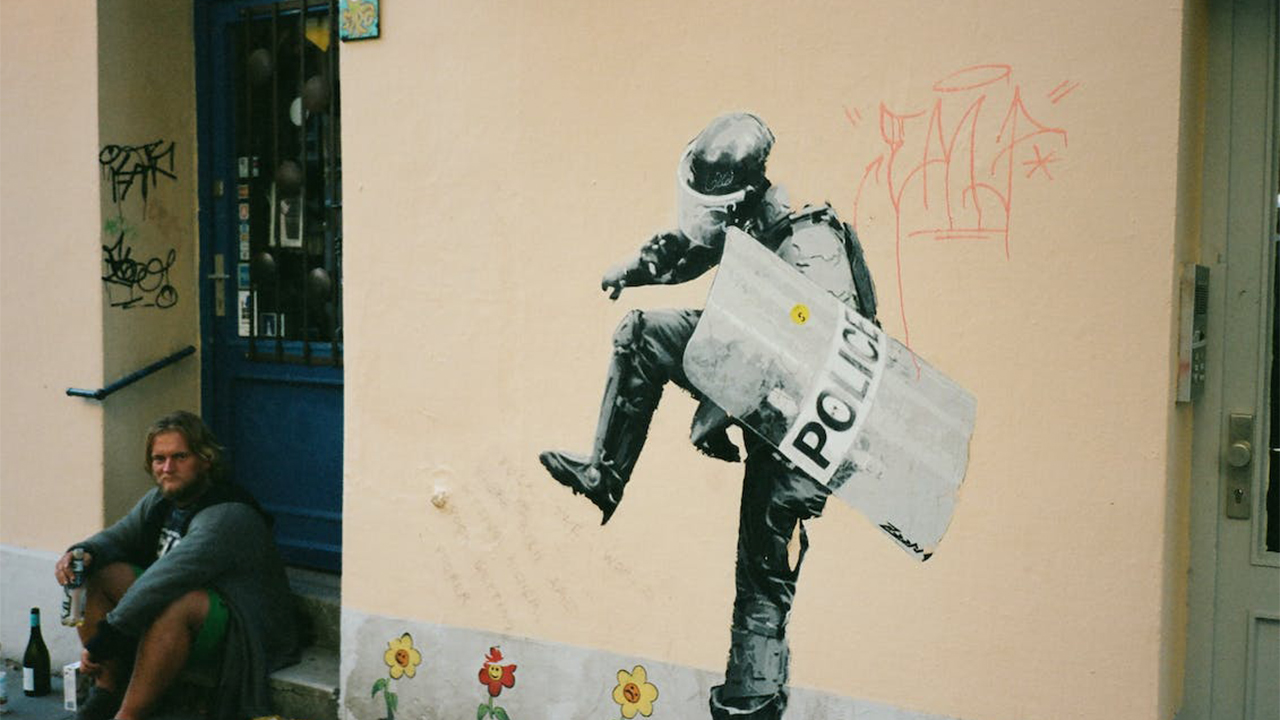Kenya (Commonwealth) _ Before approving the deployment of Kenyan security forces to Haiti, Amnesty International has written to the UN demanding it to thoroughly review the human rights record of Kenyan police forces.
A proposal that will have Kenyan law enforcement officials lead an “international specialized force” to temporarily help the Haitian National Police (HNP) deal with instability brought on by gang violence is set to be voted on by the UN Security Council today.
The use of excessive and unnecessary force, including lethal force, by security forces in Kenya has resulted in an upsurge in adult and juvenile fatalities and injuries, according to Renzo Pomi, Amnesty International’s representative at the UN.
Therefore, we stress the significance of thoroughly reviewing Kenyan security personnel’ human rights record before approving their deployment to Haiti, Pomi said. We implore you to consider these issues when deciding whether to support the planned force’s deployment. Any decision-making process should always prioritize defending human rights.
Amnesty International stated in the thorough letter that they have evidence of at least 30 incidences of police murdering protestors, including those that occurred during anti-government demonstrations.
The nongovernmental organization has documented numerous human rights breaches in the preliminary investigations, including beatings, arbitrary arrests, detention of protesters, and the indiscriminate and excessive deployment of tear gas and water cannons.
Before approving the Kenyan police’s deployment to Haiti, Amnesty International issued a warning about the force’s history of extrajudicial executions and forced disappearances. Amnesty International noted that between 2021 and 2022, 371 people were reported to have been slain or vanished while in the custody of the police. They have documented these cases with the help of 14 other partner groups in the nation.
Before Kenyan police were dispatched to Haiti to stop gang violence, Amnesty International’s representative at the UN campaigned for public engagements and the development of policies with the Haitian Civil Society.
In addition to putting in place the protections suggested above, should at the very least engage in meaningful dialogue with Haitian civil society and embrace policies and practices that support a Haitian-led solution for the nation’s long-term stability, according to Pomi. In light of their exposure to racism and mass deportation, Amnesty International opposes Haitians seeking asylum in the Americas unless adequate and humane safety measures are in place.
No Haitian national should be returned to the nation or to a location where they run the actual risk of experiencing severe human rights abuses. Instead, Pomi argued, people must have unrestricted access to protection. The resolution, which was prepared by the United States, welcomed Kenya’s offer to serve as the force’s commander and specified that it would be a non-U.N. force supported by voluntary donations.
A nine-month review would follow the resolution’s one-year authorization of the deployment. It would be permitted to offer operational support to Haiti’s National Police, which has only around 10,000 active officers for a nation of more than 11 million people and is understaffed and under-resourced.
The force will be tasked with strengthening the capabilities of the local police “through the planning and conduct of joint security support operations as it works to counter gangs and improve security conditions in Haiti.”
Ten additional countries have expressed their willingness to send troops and/or provide funding for the international security support mission in the violently divided Caribbean country, according to Foreign Affairs Cabinet Secretary Alfred Mutua on Tuesday. Since the murder of President Jovenel Mose in July 2021 at his home in the capital city of Port-au-Prince, calls for a security intervention to supplement the efforts of the understaffed and underfunded Haiti national police force have increased.
The CS for Foreign Affairs stressed that Haiti’s choice to accept Kenyan cooperation was inspired by Kenya’s outstanding track record in peacekeeping missions around the world, as well as a shared legacy.








